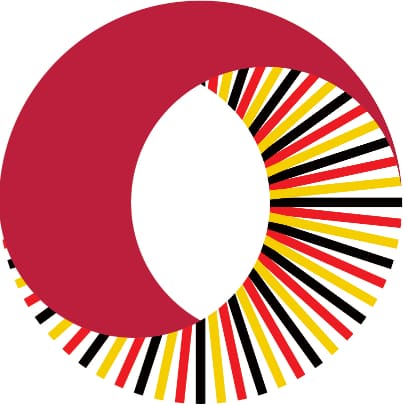Zoom in! Japanese-German Energy Transition Talks on Critical Minerals for the Energy Transition
The third session of the Japanese-German Energy Transition Talks focused on critical minerals essential to producing clean technologies for the energy transition. Germany and Japan, as technology nations with limited domestic resources, face similar challenges with regard to securing critical mineral supplies.
First, Kenichi Kurihara, Deputy Director General of the Metals Strategy Department at the Japan Organization for Metals and Energy Security (JOGMEC), elaborated on current activities and the strategy of the government-affiliated organization:
▶️ JOGMEC supports Japanese companies through funding, and promotes joint ventures and international cooperation with resource-rich and like-minded countries.
▶️ Based on expected technology demands, for example electric vehicle batteries, JOGMEC identifies the necessary raw materials and minerals, as well as the resulting governmental support measures.
▶️ Japan strategically considers and plans the demand for minerals in conjunction with other import demands, such as the import of ammonia, in the context of partnerships and international agreements.
Then, Dr. Sven-Uwe Schulz, Deputy Head of the German Mineral Resources Agency (DERA), presented the current situation in Germany with regard to raw materials, and introduced the Raw Materials Strategy of Germany and the EU’s Critical Raw Materials Act:
▶️ In Germany, domestic production of raw materials worth 13.5 bn euros, including a large share of energy minerals, compares with imports of around 210 bn euros.
▶️ The national raw materials strategy is based on three pillars: increasing domestic production, supporting import of raw materials and increasing recycling activities.
▶️ The German government follows a market-based approach, which means that companies are ultimately responsible for procuring the necessary raw materials themselves, but the government supports these efforts through its own measures.
▶️ The planned European Critical Raw Materials Act contains four main objectives: strengthening value chains for critical minerals, improving capacities to monitor and mitigate risks of supply chain disruptions, diversifying imports and reducing strategic dependencies, improving circularity and sustainability.
In summary, both experts emphasized the increasing importance of securing critical minerals to accelerate the energy transition in the face of rising global demand and uncertain geopolitical relationships, and consequently the significance of international partnerships and cooperation.

